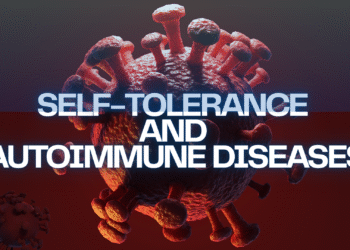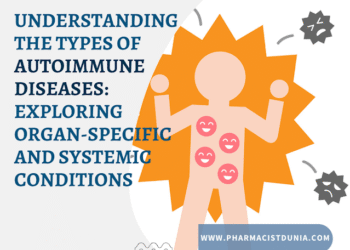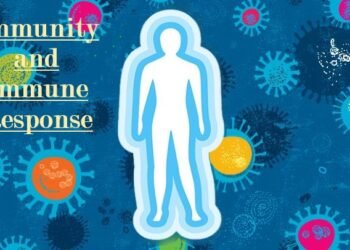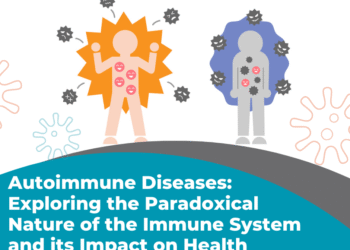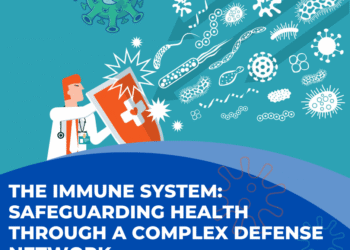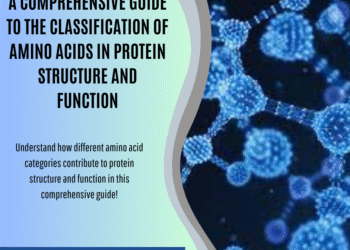The field of pharmaceuticals is evolving at an unprecedented pace. With constant innovation and groundbreaking research, new therapies and technologies are transforming the way we treat, manage, and even cure diseases. From gene editing to nanotechnology, the recent advancements in pharmaceuticals are not just improving outcomes—they’re redefining the future of medicine.
In this post, we’ll explore the top five transformative breakthroughs that are currently revolutionizing the pharmaceutical industry.
1. Gene Therapies: Transforming the Treatment Landscape
Gene therapy is one of the most promising and revolutionary recent advancements in pharmaceuticals. This advanced therapeutic approach involves altering or replacing defective genes within a patient’s cells to treat or prevent diseases at the molecular level.

How Gene Therapy Works
Gene therapy typically involves:
- Inserting a healthy gene to replace a mutated one
- Deactivating a faulty gene that’s functioning improperly
- Introducing a new gene to help the body fight a disease
Conditions Being Treated
Thanks to this technique, previously untreatable conditions are now within reach, including:
- Inherited blindness
- Cystic fibrosis
- Spinal muscular atrophy (SMA)
- Certain cancers
The shift towards individualized and precision medicine is primarily driven by advancements in gene therapy, offering tailored treatments based on an individual’s genetic profile.
2. Monoclonal Antibodies: Revolutionizing Disease Management
Monoclonal antibodies (mAbs) have rapidly become a cornerstone of modern drug therapy. These laboratory-engineered proteins mimic the immune system’s natural ability to target and neutralize harmful invaders, including viruses, bacteria, and cancer cells.

Why Monoclonal Antibodies Are Game-Changers
- Highly targeted: They bind to specific antigens on diseased cells, leaving healthy cells mostly untouched.
- Versatile: Effective in treating cancers, autoimmune diseases (like rheumatoid arthritis), and even infectious diseases.
- Fewer side effects: in comparison to traditional chemotherapy or immunosuppressants.
Monoclonal antibodies are already in use for conditions like breast cancer (Herceptin), COVID-19 (Regeneron mAbs), and Crohn’s disease (Infliximab), making them one of the most impactful pharmaceutical innovations of the 21st century.
3. Using AI and Machine Learning in Drug Discovery
Recent advancements in pharmaceuticals, such as Artificial Intelligence (AI), are rapidly changing the way drugs are discovered, developed, and tested. These technologies are reducing the time, cost, and uncertainty traditionally involved in pharmaceutical R&D.
Applications of AI in Pharmaceuticals
- Predicting drug efficacy before clinical trials
- Identifying novel drug targets
- Detecting potential side effects early in the pipeline
- Repurposing existing drugs for new uses
For instance, companies like DeepMind and Insilico Medicine are utilizing AI to discover new compounds, thereby accelerating development over the years. AI also enhances precision medicine by analyzing patient data and suggesting the most effective drug combinations.
4. CRISPR-Cas9: Precision Genome Editing
No list of recent advancements in pharmaceuticals is complete without mentioning CRISPR-Cas9. This gene-editing tool allows scientists to cut and edit specific parts of the DNA sequence with remarkable accuracy.
CRISPR’s Impact on Medicine
- Offers potential cures for genetic diseases like sickle cell anemia and beta-thalassemia
- Enables functional gene knockout studies, which help in understanding disease mechanisms
- It has been used in early-stage clinical trials for cancer and inherited disorders
Ethical Considerations
While the technology is revolutionary, it raises questions about:
- Germline editing (editing embryos)
- Unintended consequences
- Long-term effects
Still, its precision and accessibility make CRISPR one of the most powerful tools in the future of pharmaceutical research.
5. Nanotechnology in Drug Delivery Systems
Nanotechnology is another groundbreaking advancement that’s dramatically improving drug delivery mechanisms. By manipulating ingredients at the nanoscale, scientists can design delivery systems that:
- Target specific cells or tissues
- Release drugs at controlled rates.
- Reduce toxicity and side effects.
Why It Matters
- In cancer treatment, Nano-carriers deliver chemotherapy drugs directly to tumor cells, reducing harm to healthy tissue.
- In infectious diseases: Nanoscale delivery systems can enhance vaccine efficacy.
- In chronic illnesses, nanoparticles enhance the bioavailability of drugs, resulting in more consistent outcomes.
Nanotechnology is leading to more efficient, safer, and personalized medications, making it one of the most exciting pharmaceutical trends of the decade.
Conclusion: A New Era in Pharmaceutical Innovation
From gene editing and AI-driven discovery to nanotech delivery and monoclonal therapies, the recent advancements in pharmaceuticals are fundamentally altering the healthcare landscape. These innovations are not only offering hope to millions of patients worldwide but are also pushing the boundaries of what’s possible in modern medicine.
As research continues and technologies evolve, we can expect even more life-changing developments in the years to come. Staying informed and engaged with these breakthroughs is key to understanding how healthcare—and the future—will be shaped.




